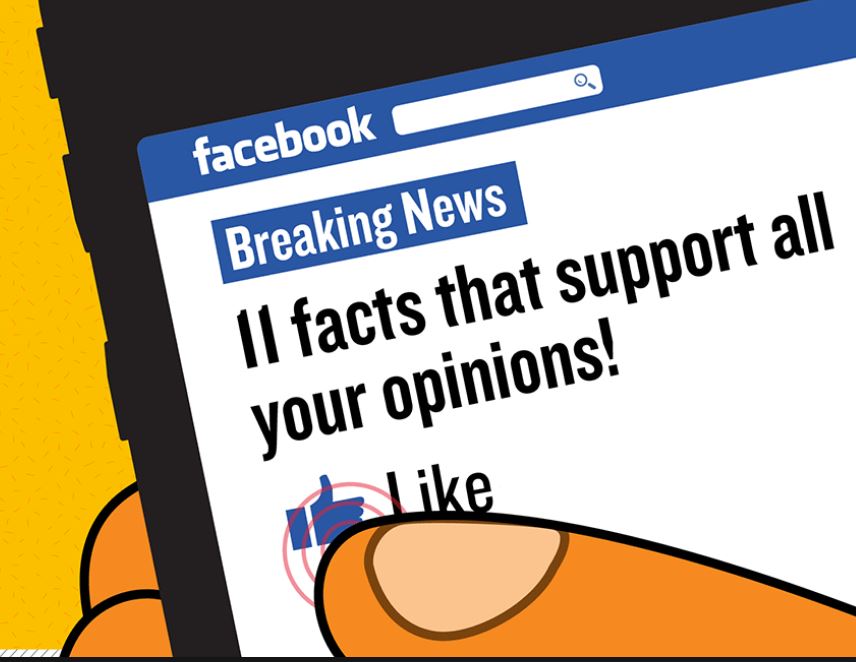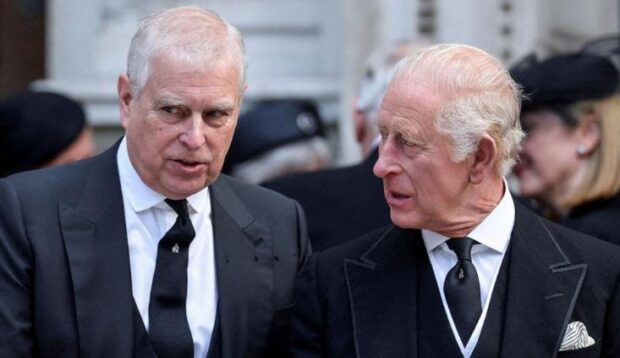Confirmation bias – the answer to every question you have about human behavior

I listen to C-Span’s Washington Journal every morning at 7am EST. In you haven’t heard or watched the show, it starts with a call-in session where people air their views usually segmented by either of the two major US parties, Republican or Democratic.
The Republicans blast the Democrats and the Democrats blast the Republicans. You can set your watch by this reliable interaction.
They neutralize each other.
I’ve even called them a few times, for what good it does. Simply put, you vent for a minute or two and hope that you comments will make a difference. They won’t. Why?
It’s because one of the great hidden behavior patterns known (to me) as confirmation bias.
Simply put, if you believe something and four of five people say that you are crazy, you point to the one in five that agrees with you, and you will use that person to prove your point.
You can apply this to almost any interaction. You believe what you believe and discount anything to the contrary. A textbook example is the children’s vaccination debate.
For example, if President Trump one day says that the sky is green and grass is blue, many people will say that he’s crazy. That is until he reverses his position the next day, as he seems to do on many topics. He calls it flexibility. His detractors call it erratic behavior.
Anyway, if the president notes that nine of ten people says that he’s crazy, but one says that he is correct, Mr. Trump will disregard the nine people and point to the one that supports his position.
Under certain circumstances the sky may look green (Northern Lights) and under other circumstances or when looking at a particular type of grass it can appear to be blue, (Kentucky Bluegrass (actually green)) supporting Mr. Trump’s belief.
That is, until he reverses himself the next day.
It’s called confirmation bias and we all suffer from it. That’s why you tend to like people who agree with you. It’s also a sales technique to get people to buy your product.
That’s why politicians are known to hire people who study the voters’ concerns and then parrot them back in speeches. Why? It’s called winning elections. That’s all that matters.
If you want to listen to a BBC show that clearly illustrates confirmation bias, listen from minute 5:22 here.





